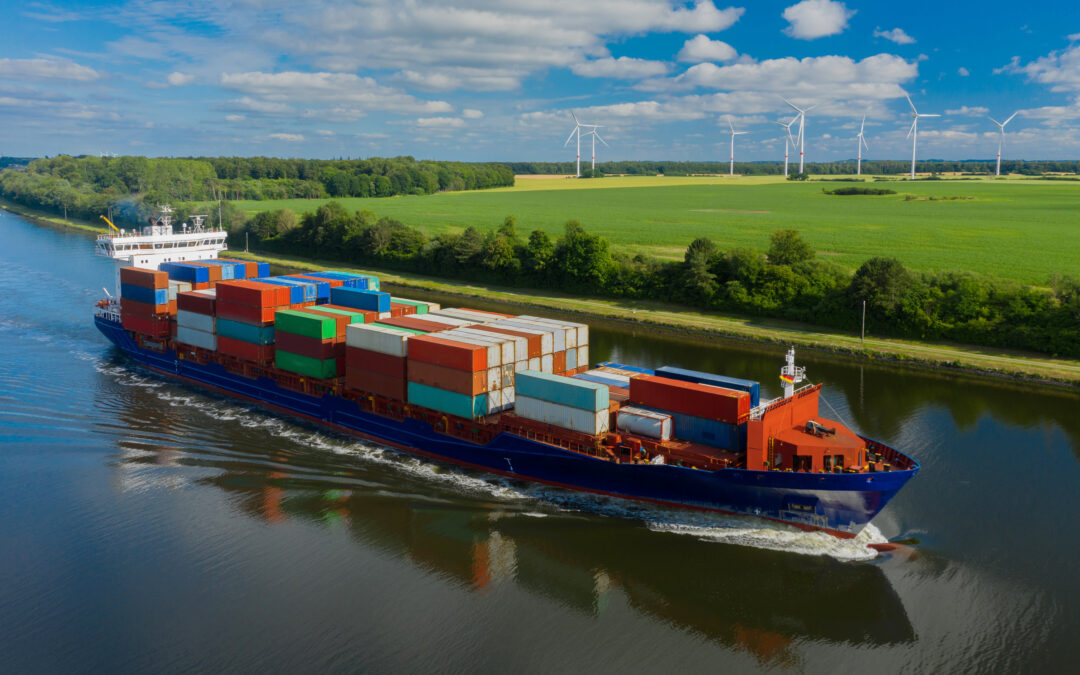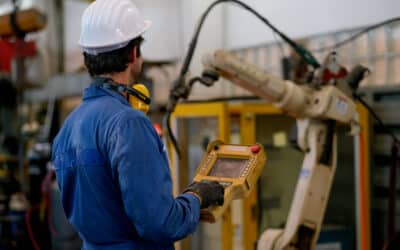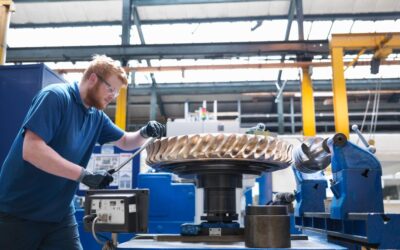Ecology and economy, enemies or allies?
With the presidential elections just a few months away, all the country’s politicians are keen to win over the French people. A lot of issues are creating a buzz, but it’s important to keep in mind the priority issues for the future. And what are they? Apart from the cost of energy, for example, which is making life difficult, we need to start looking ahead today. How can we ensure a peaceful future in the short, medium and long term?
What are the key issues?
Several factors are influencing tomorrow’s priorities. Firstly, the ageing of the population. This will force future and current workers to produce wealth to enable older people to live decently. Secondly, if we are to continue to live decently, future generations will need to be ecologically sound so that they can live… at all.
In an age of robotization,artificial intelligence and relocalization, the issues of job creation andecology cannot be tackled separately.
Ecology and economy, opposites but inseparable
When you listen to deeply committed, even slightly extreme, ecologists, you often hear the issues of de-industrialisation, the decline in value creation and the need to move away from the capitalist model. « Everyone could feed themselves by tending their own vegetable garden – no need to bring in avocados from the other side of the planet! “It’s a bit of a caricature of the environmentalist.
On the other hand, the economist wants to restart the production machine to create capital. To create employment capital, financial capital, to enable everyone to feed themselves and live. Here, there are no vegetable gardens, but farms with higher yields, to feed the workers, but also the shareholders.
After these two brief descriptions, the visions seem truly opposed. But what if they were complementary? What if we could revive the economy using ecological principles? Produce value locally, from local raw materials, in order to create jobs and innovation, and so move the country forward.
Two subjects at the heart of the public debate
As proof of the interest shown in these two issues, on 12 October the President of the Republic presented the France 2030 plan, with an investment of €30 billion for industry… But that’s not all! Of the ten objectives for 2030 set out by Emmanuel Macron, more than half are aimed at reducing pollution. Six of these targets relate to more sustainable food production, ‘low-carbon’ aircraft produced in France, or the manufacture of electric or hybrid vehicles.
The idea is not to highlight the government’s long-term programme, but to show that these issues can coexist. In fact, it is by working in synergy that the economy and ecology can achieve their common goal: the security of current and future generations.
Awareness, a real need
Most of the requirements for moving towards a green transition are not insurmountable. Most of them can even be beneficial to everyone. One example is the cost of containers, which is soaring at the moment. Some products whose raw materials come from South America are processed in China before being assembled in France. The consumer is therefore buying a ‘made in France’ product. You’re happy to have made a positive contribution to the country’s economy, but what you don’t know is that the ecological impact is considerable.
It’s true that we can’t choose where we locate our raw materials. But doing the first part of the work on the other side of the world is unreasonable. In addition to transport, environmental standards are not the same as in France. Factories don’t work in the same environmentally-friendly conditions.
So it’s vital to highlight these products that are ‘made in France’, but produced on the other side of the world.
Bringing economists and ecologists together to make progress
Earlier, we talked about the rise in container prices from China to France, multiplied by 4 on average between 2019 and the start of the 2021 school year. Transporting goods from the other side of the world to save money is less and less viable economically, and clearly destructive to the environment. This is an opportunity to reindustrialize the country. We need to do it quickly, but cleanly.
There is no shortage of innovative ideas. Norway, for example, is preparing to launch the first electric container ship. Their idea is to avoid the pollution caused by combustion engines. France must be able to invest in these innovative start-ups. We need to focus on those that create value and jobs, while preserving natural resources.
Lean management, tools that combine ecology and economics
The first step in the ecological transition of established industries is to take an interest in Lean Management. The first lesson to be learned is to reduce waste. Be aware that MUDAS are neither good for business nor good for the planet.
Several categories of waste are highlighted. We are talking here about transport waste, over-quality which wears out tools prematurely, over-production which consumes unnecessary raw materials and energy, etc…
To conclude on the economy and ecology
Everyone has to go at their own pace, because a wrong turn can be fatal, but we all have to move in the same direction. If you think that ecology is limited to recycling cans in the yellow bin, you’re wrong. It’s a way of thinking that’s applied on a daily basis to decisions big and small. You’ll never look at ecology in the same way again when it means jobs and a better world for your children.




0 Comments